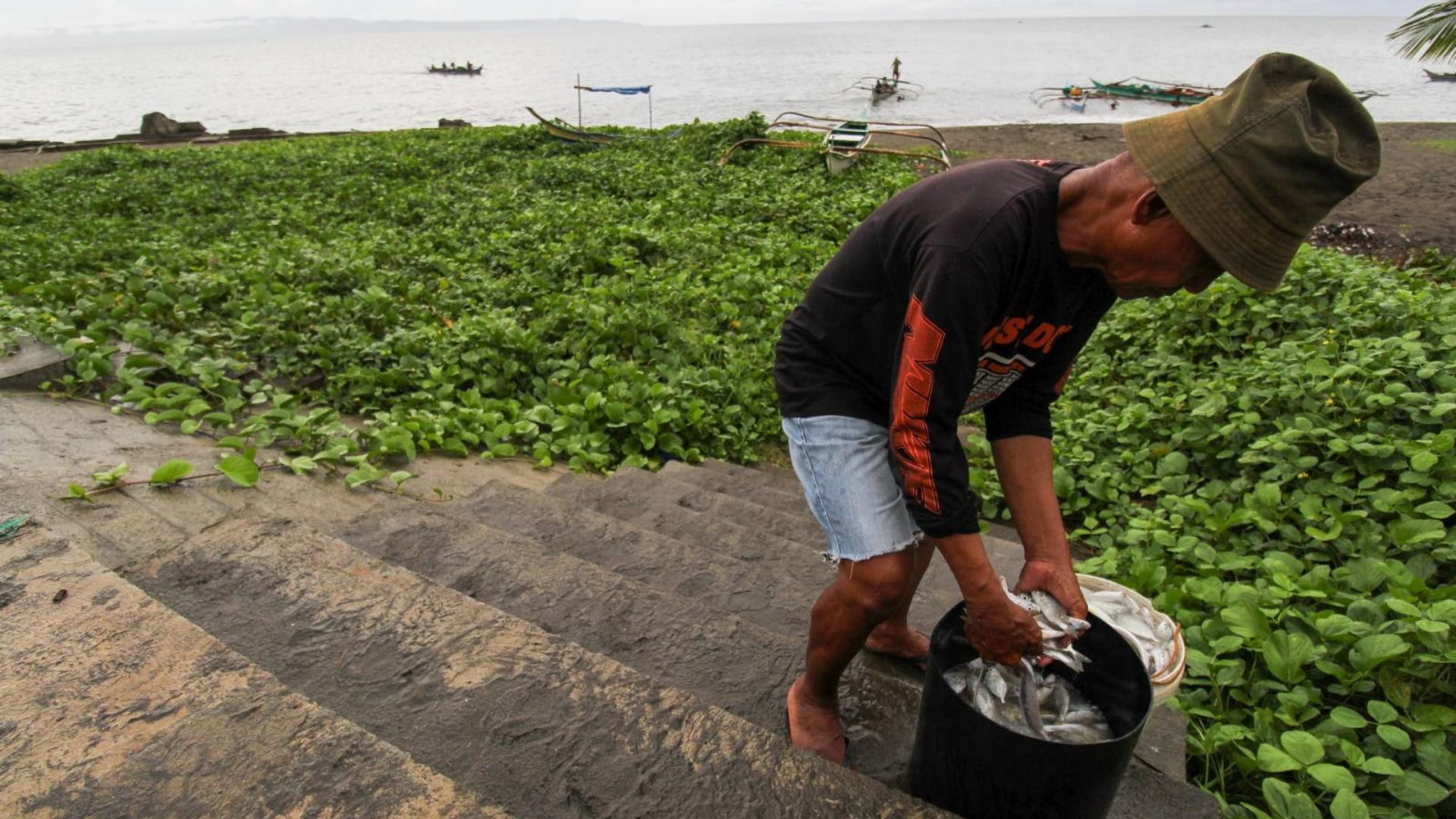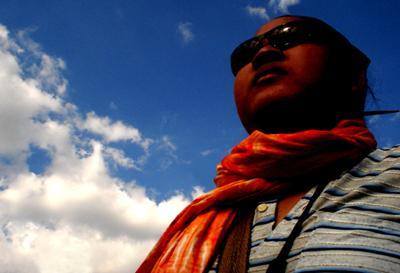Government’s own data reveal ‘embarrassing’ response to Yolanda victims
Scientists and computer professionals who conducted a “data audit” of the Aquino administration’s online portal to track foreign aid for victims of typhoon Yolanda said that the Foreign Aid Transparency Hub (FAiTH), like the government’s relief and rehabilitation efforts, is actually a “failure.” As AGHAM and Computer Professionals’ Union (CPU) celebrated the worldwide Open Data […]


Scientists and computer professionals who conducted a “data audit” of the Aquino administration’s online portal to track foreign aid for victims of typhoon Yolanda said that the Foreign Aid Transparency Hub (FAiTH), like the government’s relief and rehabilitation efforts, is actually a “failure.”
As AGHAM and Computer Professionals’ Union (CPU) celebrated the worldwide Open Data Day last February 22, they noted that the FAiTH website is frequently inaccessible to users, and has inconsistent and incomplete data.
They also said that data published in the Department of Social Welfare and Development’s (DSWD) website reveal the government’s own “embarrassing” response to the disaster.
No faith in FAiTH
“We experienced difficulty in browsing its full report, http://www.gov.ph/faith/full-report/. For open data initiatives to be useful, it should first and foremost be able to handle requests from users,” the CPU said of FAiTH.
FAiTH, as described in its website, is “an online portal of information on calamity aid and assistance, whether in cash or in kind, received by the Philippines from nations and multilateral organizations, as well as those coursed through our embassies abroad.”

The group of computer professionals said that FAiTH offers three possible data sources with a downloadable csv file. This file provides a listing of foreign donations. However, “a simple total of these sources returned inconsistent figures,” the group said.
Furthermore, it was observed that there are countries with double entries of donations, affecting accuracy and reliability of the data. There is also no data available yet on how these donations are disbursed, according to CPU.
“They must do their job by addressing the conflicting information of FAiTH and address the absence of information on humanitarian aid spending. It seems that they are equating transparency and open governance to websites with infographics and downloadable raw data,” said Gladys Regaldo, CPU deputy national coordinator.
Meanwhile, the scientists’ group AGHAM conducted its own data audit of the DSWD’s 100th day of typhoon Yolanda report.
“A close look on the agency’s data reveals an embarrassing, if not outright appalling, response towards the disaster,” says Finesa Cosico, AGHAM secretary general.
According to AGHAM’s audit of the DSWD report, an average of four food packs were given per family of Yolanda survivors in Eastern Visayas. These packs contained either 3-kg, 6-kg, or 25-kg of rice each.
“For a typical family, this ration (for 100 days) is not even able to provide 1% of the daily calorie requirement set by international humanitarian agencies. Ground reports even indicate that survivors actually received a measly 2 kg pack of rice. It is no wonder that survivors are crying for additional relief,” said Cosico.
AGHAM also noted that the DSWD’s cash-for-work program only benefitted a “negligible” 1.6% of affected families.
Based on the agency’s website, this figure amounted to 17,105 individuals, who were paid P245 to 260 daily for a period of 10 days.
Furthermore, the group observed that “there is almost no effort to provide houses, temporary or permanent.”
DSWD data reveals that only 0.17% of affected families, or a total of 1,455 families, were transferred to bunkhouses. These were the same bunkhouses that figured in controversy after being found substandard.
“The DSWD’s report is just one indication that points to the government’s criminal negligence. The manner and measures the government have taken since Day 1 of the disaster up until now show utter insensitivity to the plight of the survivors and incompetence in providing for the needs of Filipino people,” said Cosico.
Adding insult to injury, she added, was President Aquino’s refusal to heed the survivors’ demand for P40,000 immediate cash relief.
More than 17,000 signatures demanding cash relief were brought to Malacañang by the Yolanda victims’ group People Surge, but the petition was thumbed down by Aquino.
The CPU scoffed at plans by the administration to put up another website to monitor reconstruction and rehabilitation efforts.
“It appears that the BS Aquino regime has this obsession with websites. There are existing portals like data.gov.ph and gov.ph/faith where they can publish so-called reconstruction and rehabilitation efforts. Clearly, the lack of websites is not the problem…Looking at their performance on 100th day of Yolanda incident, they still have to double efforts to actually have something to post on any website they will create,” Regalado said.




